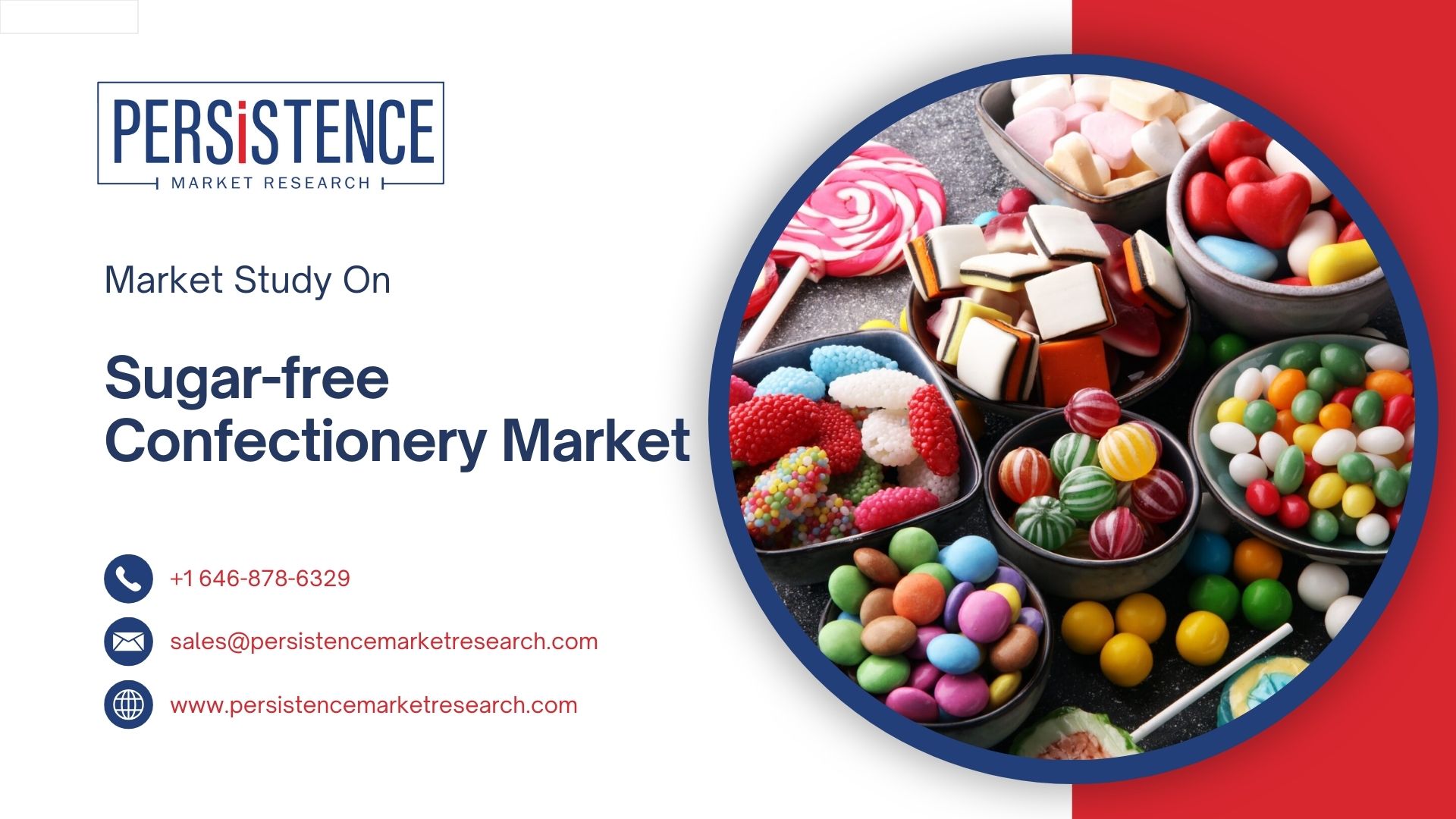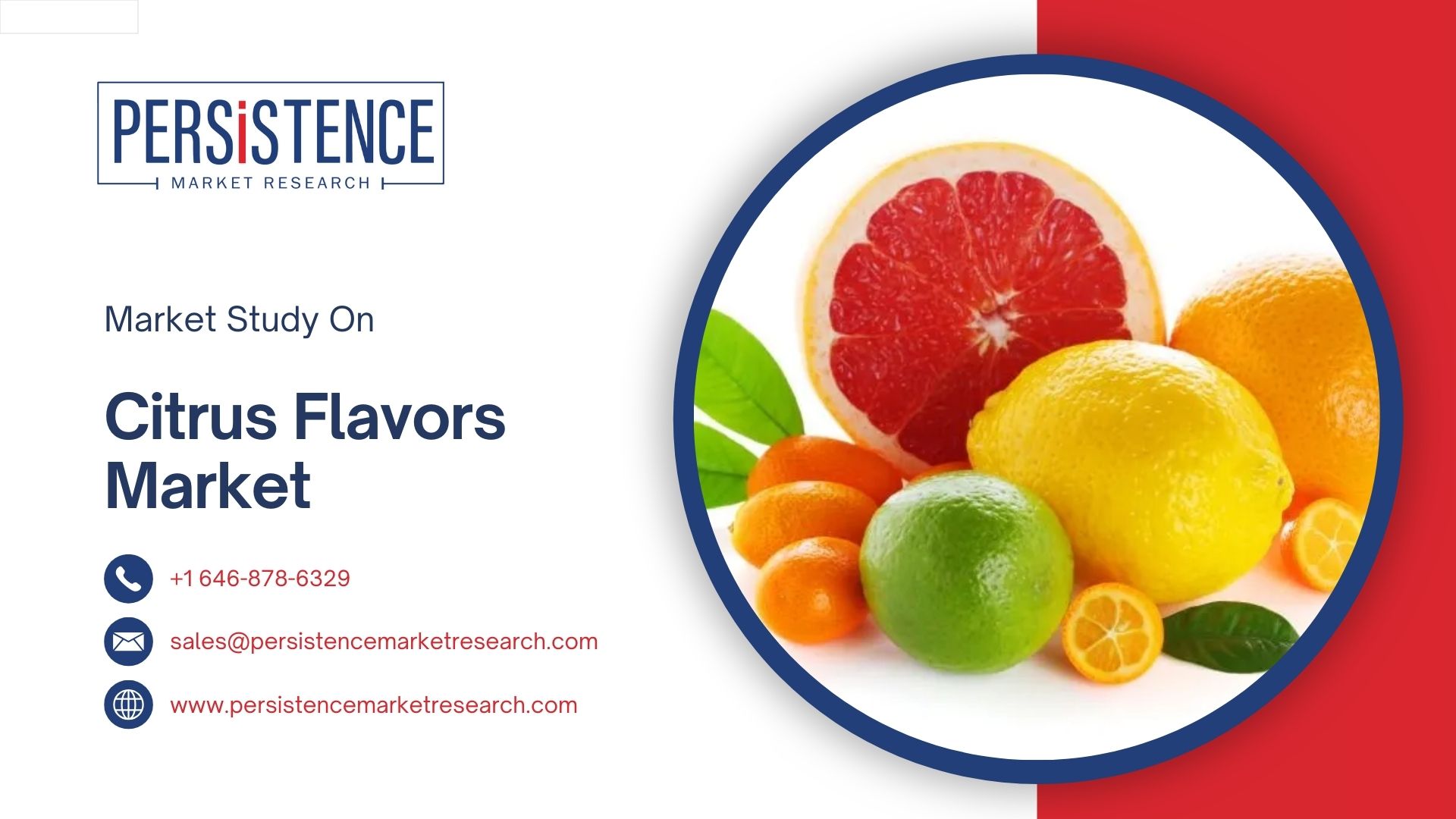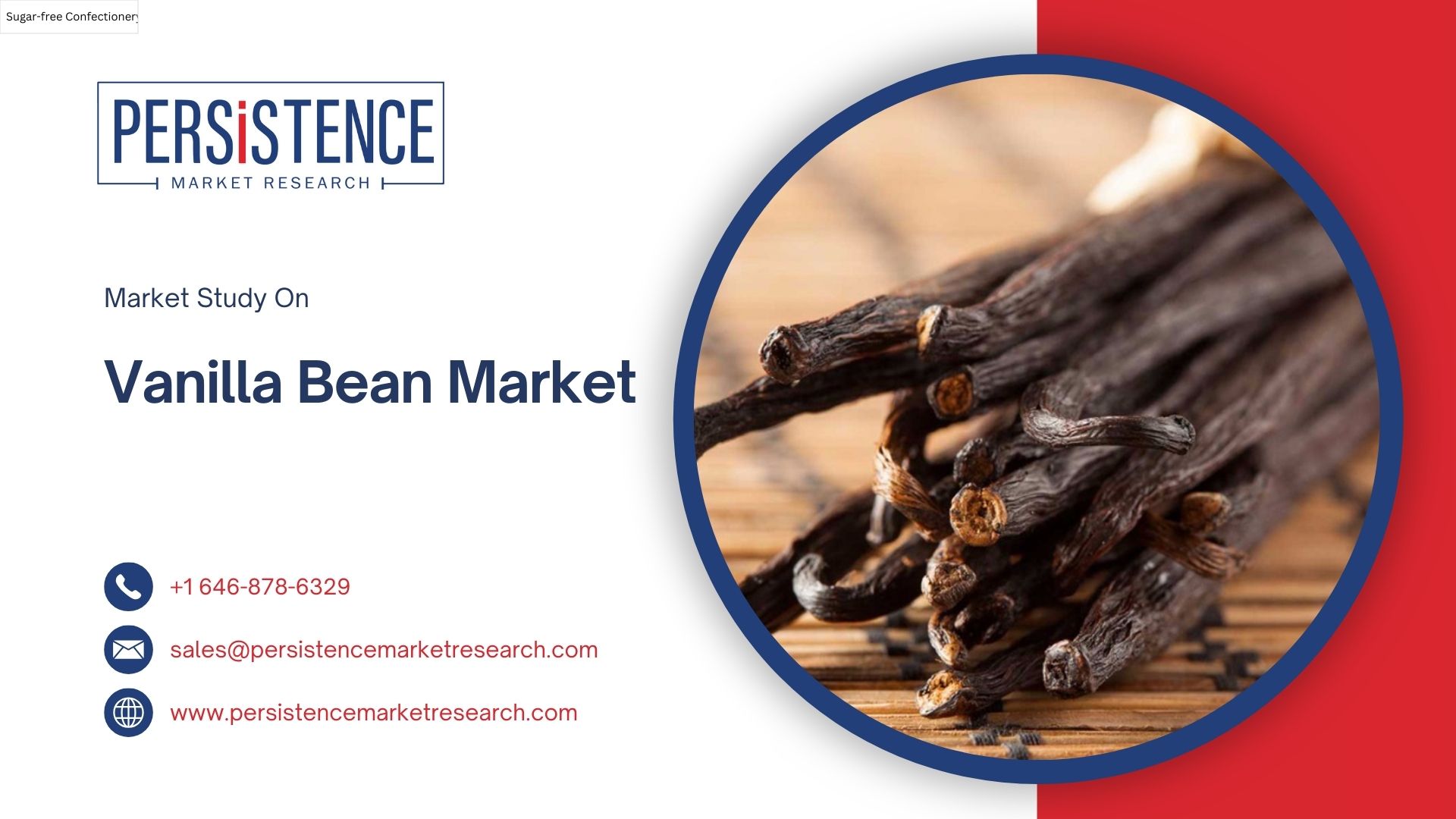 Social Media Content Packs – Stay Active Without Lifting a Finger!
Social Media Content Packs – Stay Active Without Lifting a Finger!
Organic vs. Conventional Banana Puree: What’s Driving Consumer Preference?
Written by Aishwarya nagur » Updated on: May 02nd, 2025

The global food industry has been undergoing a significant transformation over the past decade, as consumers have become more health-conscious and increasingly mindful of the origins of their food. This trend is particularly evident in the growing demand for banana puree—a versatile ingredient used in everything from baby food and smoothies to energy bars and desserts. As the banana puree market expands, one of the key questions surrounding this growth is the shift towards organic options. What’s driving consumer preference for organic banana puree over conventional alternatives, and how is this trend shaping the future of the market?
The Banana Puree Market: A Growing Industry
The global banana puree market is witnessing impressive growth. According to a recent report by Persistence Market Research, the banana puree market size is expected to reach a value of US$ 530.2 million by 2025 and is projected to increase to US$ 932.6 million by 2032, reflecting a compound annual growth rate (CAGR) of 8.4% during the forecast period. This growth is largely driven by the increasing consumption of banana puree as consumers opt for healthier eating habits and turn to natural, organic ingredients rather than synthetic additives and flavors.
The report highlights several key trends contributing to the expansion of the banana puree market, including rising demand for plant-based food options, the growing popularity of baby food products made from natural ingredients, and the increasing incorporation of banana puree into both the food and beverage and nutraceutical industries. Consumers are becoming more attuned to the long-term health benefits of eating foods made from organic and clean ingredients, which is prompting the shift toward organic banana puree.
Organic Banana Puree: Healthier and More Sustainable?
The rise of organic food products, including organic banana puree, can be attributed to a number of factors, with health concerns being at the forefront. Many consumers are becoming increasingly wary of food products that contain pesticides, artificial preservatives, and genetically modified organisms (GMOs). Organic banana puree, by contrast, is produced without synthetic pesticides or fertilizers, which appeals to health-conscious consumers looking to avoid chemical exposure.
Organic banana puree also aligns with the broader trend towards sustainability. Organic farming practices emphasize soil health, biodiversity, and ecological balance, and as such, they tend to have a lower environmental footprint compared to conventional farming methods. This makes organic banana puree an appealing option for consumers who are concerned about their carbon footprint and want to support environmentally friendly farming practices.
Moreover, organic bananas tend to be sweeter and have a richer, more authentic taste compared to conventional bananas. This makes organic banana puree an attractive option for those who are seeking a more natural, flavorful product in their food. For parents purchasing baby food, the taste and quality of ingredients are crucial considerations, and organic banana puree is often viewed as a healthier and more flavorful choice.
Conventional Banana Puree: Affordable and Accessible
While organic banana puree is gaining traction, conventional banana puree still holds a significant share of the market. One of the primary reasons for this is cost. Organic banana puree tends to be more expensive than its conventional counterpart due to the higher costs of organic farming and certification. For many consumers, the price difference may outweigh the perceived benefits of organic ingredients, making conventional banana puree a more attractive option.
Conventional banana puree is also more widely available, as it is produced in larger quantities and is often sold by well-established brands with broad distribution networks. These factors make conventional banana puree a more accessible choice for consumers, especially those who are budget-conscious or have limited access to organic food options.
Additionally, while conventional farming practices may involve the use of synthetic fertilizers and pesticides, the risks associated with these chemicals are generally considered low when used according to regulations. This means that some consumers may not see a significant difference between organic and conventional banana puree in terms of safety and nutrition, which could make the latter an acceptable option.
The Nutritional Comparison: Organic vs. Conventional Banana Puree
When it comes to the nutritional differences between organic and conventional banana puree, the debate is somewhat nuanced. Both types of banana puree offer similar basic nutrients, such as vitamins (especially vitamin C and vitamin B6), fiber, potassium, and antioxidants. The real difference lies in the potential presence of pesticide residues in conventional banana puree, which may be a concern for some consumers.
In terms of taste, organic banana puree is often considered to have a superior flavor due to the absence of chemical treatments and the higher quality of organic bananas. However, the nutritional difference may not be as pronounced, and some consumers may prioritize other factors such as cost, availability, or taste over the nutritional content.
Consumer Preferences and Market Trends
Consumer preferences for banana puree are evolving in line with broader shifts in food consumption patterns. As the demand for healthier and more natural products increases, the banana puree market is seeing a rise in both organic and conventional options. However, organic banana puree appears to be gaining ground as more consumers adopt clean eating practices.
One key factor driving this trend is the increasing awareness of food quality and sourcing. More and more consumers are scrutinizing food labels for information on sourcing, sustainability, and the absence of artificial additives. Organic banana puree offers a product that meets these expectations, as it is perceived as a safer and more environmentally friendly choice.
The baby food market is another major driver of organic banana puree consumption. Parents, especially millennials, are more inclined to purchase organic food for their children, believing that it is safer and healthier. Given the sensitivity of infants' digestive systems and their developing immune systems, parents are often willing to pay a premium for organic baby food options that they perceive to be free from harmful chemicals.
The trend toward plant-based diets is also influencing the banana puree market. With an increasing number of consumers embracing plant-based eating, banana puree is being incorporated into a wide range of products, from smoothies and baked goods to dairy alternatives and protein bars. Organic banana puree aligns with this shift, as it appeals to consumers who prioritize natural, plant-based ingredients.
The Future Outlook: Innovation and Growth Opportunities
The banana puree market is poised for continued growth, driven by both consumer demand for organic products and the increasing popularity of plant-based and clean-label foods. As consumers continue to seek out healthier and more sustainable food options, banana puree—particularly organic banana puree—will play an important role in meeting these needs.
The rise of e-commerce platforms also presents new opportunities for banana puree brands to reach a broader audience, particularly in regions where access to organic products has traditionally been limited. Online sales enable consumers to explore a wider range of banana puree options and make informed purchasing decisions based on factors such as ingredient transparency, sourcing, and certifications.
For manufacturers, the key to success in this evolving market will be innovation. There is significant potential for product diversification, with opportunities to create banana puree products that cater to specific dietary needs, such as gluten-free, vegan, or low-sugar options. Additionally, there is growing interest in functional foods, which combine banana puree with other superfoods or fortify it with additional nutrients to enhance its health benefits.
Conclusion
The banana puree market is experiencing significant growth, with both organic and conventional options playing important roles. While organic banana puree is gaining favor among health-conscious consumers due to its natural ingredients, superior taste, and sustainability, conventional banana puree continues to appeal to budget-conscious and convenience-driven shoppers.
Ultimately, the choice between organic and conventional banana puree comes down to individual consumer preferences, driven by factors such as health concerns, environmental consciousness, taste, and cost. As the market continues to expand, innovation and consumer education will be key in shaping the future of banana puree consumption, with both organic and conventional options likely coexisting to meet diverse consumer needs.
The global banana puree market is set to reach a value of US$530.2 million in 2025 and is expected to grow at a CAGR of 8.4% by 2032. This growth underscores the growing demand for natural and organic ingredients, as consumers continue to shift towards healthier, cleaner eating habits.
Note: IndiBlogHub features both user-submitted and editorial content. We do not verify third-party contributions. Read our Disclaimer and Privacy Policyfor details.
Men's Journal is a rugged and refined lifestyle adventure travel, food and drink Get in touch mensjournalcompany@gmail.com to find out how we can help you reach everyday, affluent, and adventure seeking consumers on Men's Journal
Copyright © 2019-2025 IndiBlogHub.com. All rights reserved. Hosted on DigitalOcean for fast, reliable performance.













